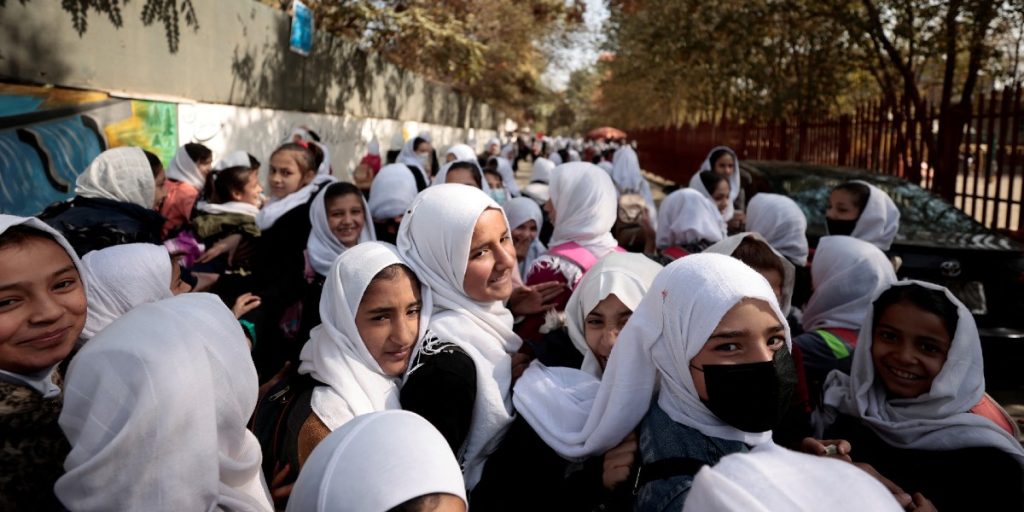Taliban Education Ban has deprived 1.4 million Afghan girls of their right to education, according to a recent report by a United Nations agency. Afghanistan stands alone as the only country in the world that restricts female secondary and higher education.
The Taliban, who seized power in 2021, enforced the Taliban Education Ban on girls above sixth grade. They claim that female education conflicts with their interpretation of Sharia law. Boys continue their schooling uninterrupted, with no signs from the Taliban of reopening classrooms for girls and women.
UNESCO reported that since the Taliban’s takeover, at least 1.4 million girls have been barred from secondary education. This figure marks an increase of 300,000 girls since the last count in April 2023, as more girls age out of primary school under the Taliban Education Ban.
“If we include girls already out of school before the ban, there are nearly 2.5 million girls without education in Afghanistan, representing 80% of the country’s school-age girls,” UNESCO stated.
The Taliban declined to comment on these findings.
The Taliban Education Ban has also led to a decline in primary school attendance. UNESCO data shows that 1.1 million fewer children, both girls and boys, are attending school since the Taliban took control in August 2021.
UNESCO warned that the Taliban Education Ban has nearly erased two decades of educational progress in Afghanistan. “The future of an entire generation is now at risk,” the agency added.
In 2022, Afghanistan had 5.7 million children in primary school, a sharp drop from 6.8 million in 2019. The drop in enrollment stems from the Taliban’s decision to prevent female teachers from teaching boys, as well as the economic difficulties dissuading parents from sending their children to school.
“UNESCO is deeply concerned about the severe consequences of this growing dropout rate, which may lead to increased child labor and early marriage,” the agency noted.
While the Taliban marked three years of their rule with celebrations at Bagram Air Base, they made no mention of the hardships facing the population, nor did they offer any promises of assistance to the struggling people.
Years of conflict and instability have pushed millions of Afghans to the brink of starvation, with unemployment remaining high.


